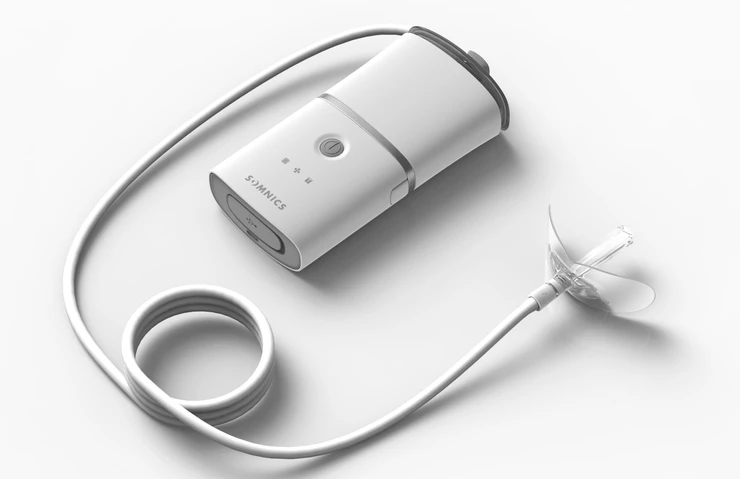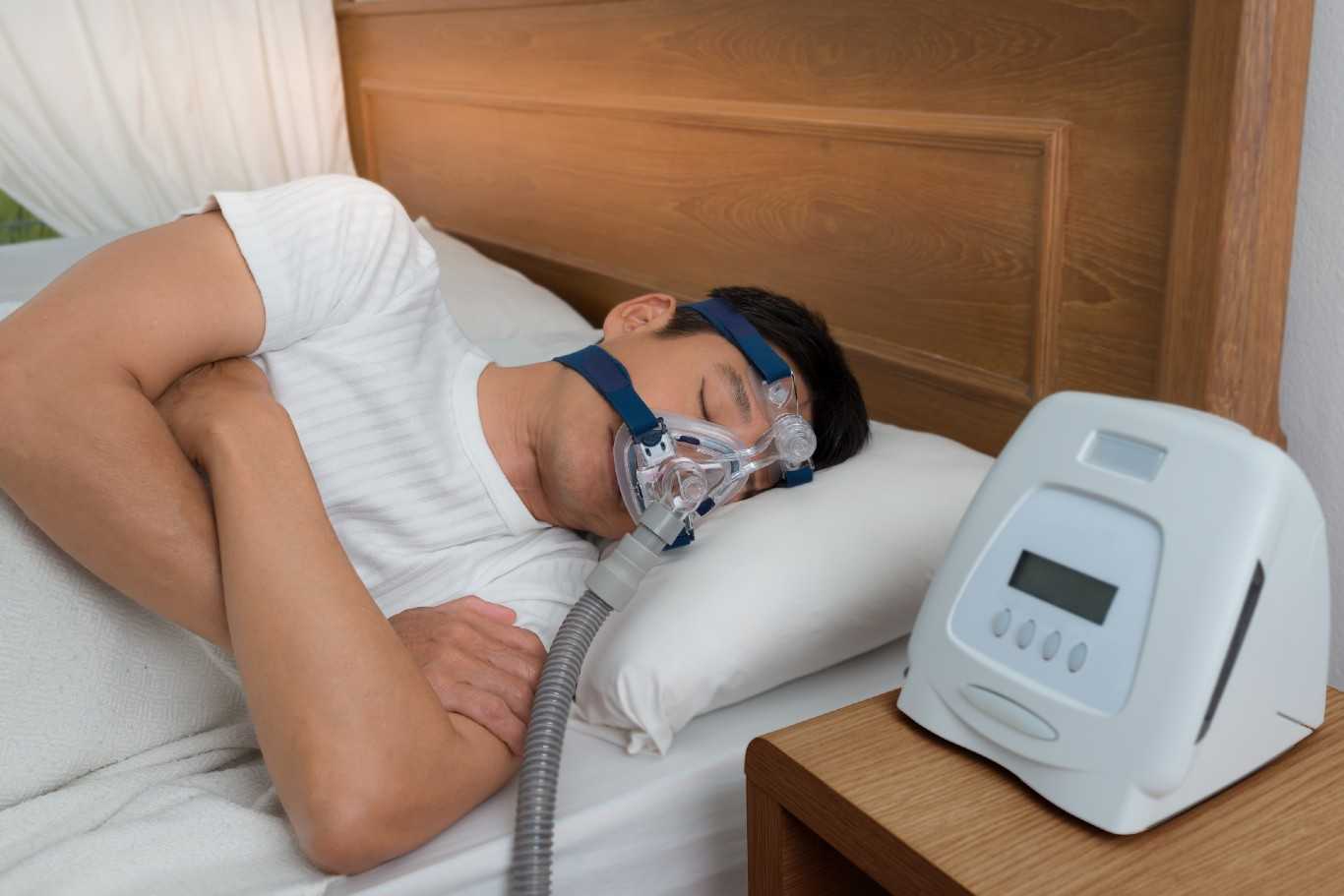Cognitive Behavioral Therapy for Insomnia (CBT-I) - Proven Methods
Cognitive Behavioral Therapy for Insomnia (CBT-I) - Proven Methods
Blog Article
Effective Therapy Solutions for Handling Sleep Disorders and Enhancing Restful Sleep
In the world of medical care, the monitoring of rest problems and the quest for peaceful sleep are crucial components of overall well-being. As we navigate the intricate landscape of sleep conditions and seek to enhance our rest experience, a deeper understanding of these treatment remedies might hold the secret to opening a more relaxing and satisfying restorative journey.
Cognitive Behavior Treatment for Sleeplessness (CBT-I)
Cognitive Behavior Modification for Sleeping Disorders (CBT-I) is a structured, evidence-based therapy approach that concentrates on dealing with the underlying variables adding to rest disruptions. This kind of treatment aims to customize behaviors and ideas that exacerbate sleep problems, inevitably advertising healthy rest patterns. CBT-I normally entails numerous crucial parts, consisting of cognitive therapy, rest restriction, stimulus control, and rest hygiene education.
Cognitive treatment aids people determine and transform adverse idea patterns and ideas concerning sleep that may be hindering their capacity to fall or remain asleep. Rest limitation entails restricting the amount of time spent in bed to match the person's real sleep duration, therefore increasing rest performance (insomnia specialist). Stimulation control strategies help establish a solid organization between the bed and sleep by encouraging individuals to go to bed only when sleepy and to stay clear of taking part in promoting tasks in bed
Moreover, sleep health education concentrates on establishing healthy rest practices, such as preserving a consistent rest schedule, producing a relaxing bedtime routine, and enhancing the rest atmosphere. By attending to these elements thoroughly, CBT-I uses a reliable non-pharmacological intervention for handling sleep problems and improving overall sleep high quality.
Rest Hygiene Practices
Having developed the foundation of cognitive restructuring and behavioral adjustments in resolving sleeplessness with Cognitive Behavior modification for Sleeplessness (CBT-I), the emphasis currently shifts in the direction of exploring crucial Sleep Hygiene Practices for keeping optimum sleep high quality and total well-being.
Rest hygiene techniques incorporate an array of practices and environmental aspects that can significantly impact one's capability to fall asleep and remain asleep throughout the evening. Regular rest and wake times, creating a relaxing bedtime regimen, and optimizing the sleep atmosphere by maintaining it dark, quiet, and cool are important parts of excellent rest hygiene. Limiting exposure to displays before bedtime, staying clear of stimulants like high levels of caffeine close to bedtime, and involving in regular physical task during the day can also promote much better rest high quality.
In addition, exercising leisure techniques such as deep breathing exercises or reflection prior to bed can assist relax the mind and prepare the body for rest. By integrating these sleep health methods into one's daily regimen, people can develop a healthy sleep pattern that supports relaxed sleep and general well-being.
Relaxation Methods and Mindfulness
Applying leisure methods and mindfulness methods can play a pivotal role in fostering a feeling of calmness and promoting quality rest. natural insomnia remedies. These techniques intend to peaceful the mind, reduce stress and anxiety, and produce an optimal setting for relaxing rest. One widely practiced approach is deep breathing exercises, where people concentrate on slow-moving, deep breaths to unwind the body and mind. Dynamic muscle mass relaxation involves tensing and then launching each muscular tissue team, advertising physical relaxation. Additionally, led imagery can aid deliver individuals to a serene location in their minds, aiding in stress decrease and boosting sleep high quality.
By including these practices right into a bedtime regimen, individuals can signify to their bodies that it is time to prepare and take a break for rest. In general, incorporating relaxation techniques and mindfulness techniques can substantially contribute to taking care of rest problems and improving total sleep quality.

Medicine Options for Sleep Disorders
After discovering relaxation methods and mindfulness methods as non-pharmacological treatments for boosting sleep high quality, it is important to think about medication options for individuals with rest problems. In situations where way of living modifications types of apnea and therapy do not offer sufficient alleviation, medication can be a valuable tool in managing sleep disruptions.
Typically suggested medicines for rest conditions consist of benzodiazepines, non-benzodiazepine hypnotics, antidepressants, and melatonin receptor agonists. Benzodiazepines, such as diazepam, are sedatives that can aid cause sleep, but they are usually recommended for short-term usage as a result of the danger of dependancy. Non-benzodiazepine hypnotics like zolpidem are likewise used to deal with sleeplessness and have a reduced threat of reliance compared to benzodiazepines. Antidepressants, such as trazodone, can be helpful for individuals with co-occurring depression and rest disturbances. Melatonin receptor agonists, like ramelteon, target the body's all-natural sleep-wake cycle and can be practical for managing sleep patterns.
It is critical for people to talk to a medical care company to establish the most appropriate look what i found drug choice based upon their details sleep condition and clinical background.
Light Therapy for Circadian Rhythm Guideline
Light therapy, likewise called photo-therapy, is a non-invasive therapy technique used to regulate body clocks and improve sleep-wake cycles. This therapy involves exposure to brilliant light that imitates all-natural sunlight, which aids to reset the body's biological rhythm. By exposing people to certain wavelengths of light, commonly in the early morning or evening relying on the wanted result, light treatment can effectively change the circadian rhythm to promote wakefulness during the day and boost restful sleep in the evening.
Research has actually shown that light therapy can be especially valuable for people with body clock conditions, such as delayed sleep phase disorder or jet lag. It can additionally be handy for those experiencing seasonal depression (SAD), a type of depression that typically occurs throughout the cold weather when natural light direct exposure is minimized. Light treatment is generally well-tolerated and can be made use of in conjunction with other therapy approaches for rest problems to optimize outcomes and boost general rest quality.
Final Thought
Finally, reliable therapy remedies for managing sleep problems and boosting peaceful rest include Cognitive Behavior modification for Sleeping Disorders (CBT-I), rest health methods, relaxation techniques and mindfulness, medication alternatives, and light treatment for circadian rhythm regulation. These approaches can help individuals enhance their rest quality and total well-being. It is necessary to seek advice from a doctor to determine the most appropriate approach for resolving sleep my latest blog post issues.
As we browse the elaborate landscape of rest disorders and seek to enhance our sleep experience, a deeper understanding of these treatment options might hold the key to opening a much more refreshing and satisfying restorative journey.
Rest constraint includes restricting the quantity of time spent in bed to match the individual's real sleep duration, thereby boosting rest performance. Regular rest and wake times, developing a relaxing bedtime regimen, and maximizing the sleep environment by maintaining it dark, quiet, and cool are crucial components of great rest health. Light therapy is normally well-tolerated and can be utilized in combination with various other treatment methods for sleep problems to optimize outcomes and boost overall sleep quality.

Report this page